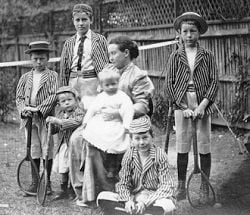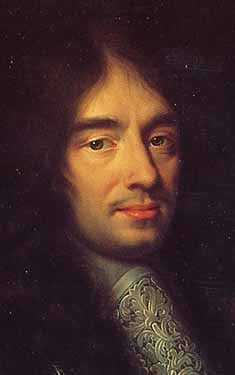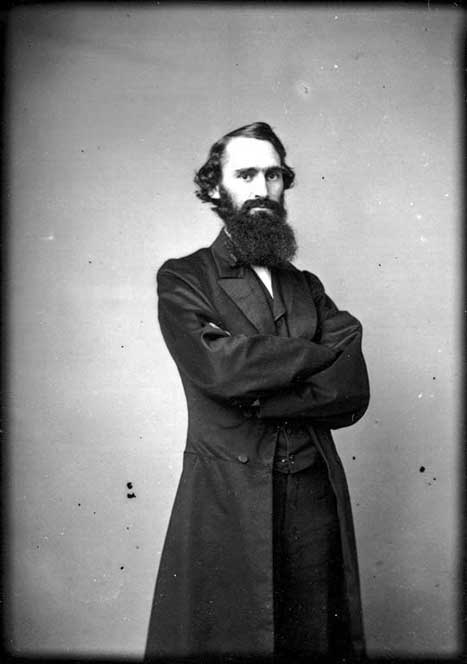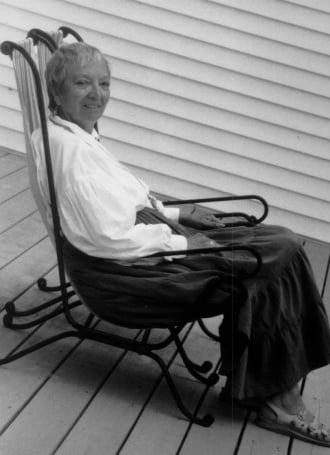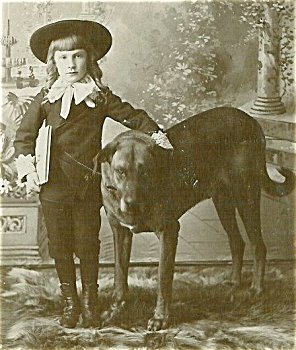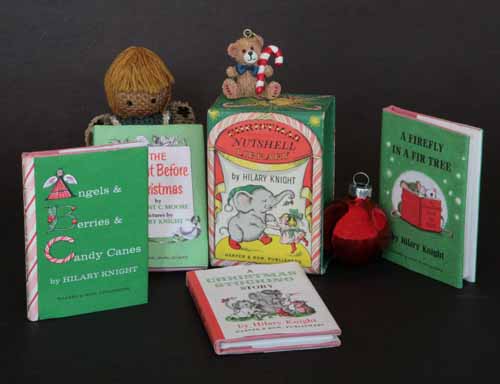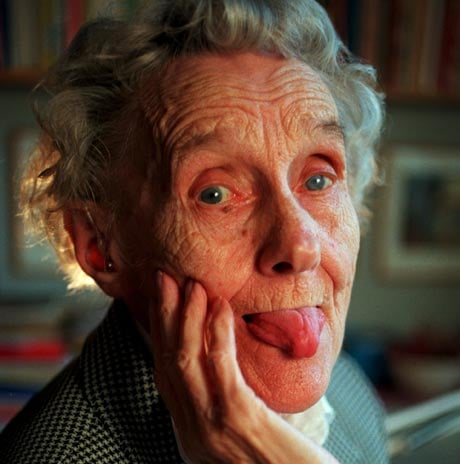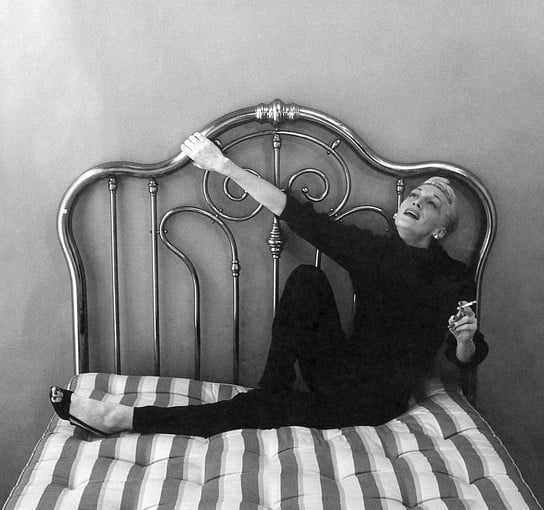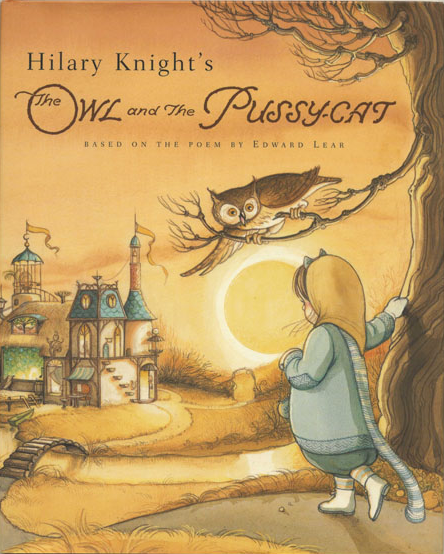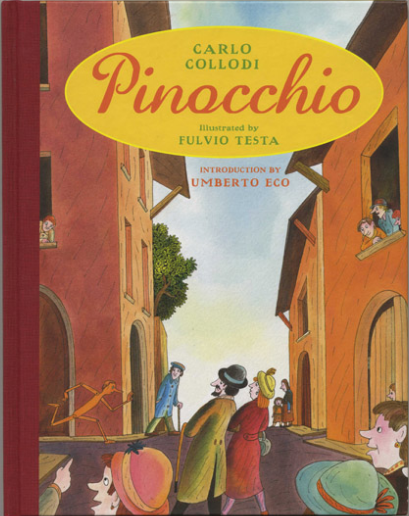No childhood could be complete without a good helping of talking animals, whether they appear in books, TV shows, movies, or theater productions. While chatty squirrels and dogs are the norm in today's children's stories, one trailblazer stands out from the past: Hugh Lofting, the imaginative mind behind Doctor Doolittle. In his classic works, the titular character is a doctor who exclusively treats animals after discovering his unique ability to communicate with them. The stories began as children's books, but they have been repeatedly adapted for screen, stage, and radio.
us toll free: 1-800-948-5563 international: +1 (843) 849-0283 UK: +44 (0) 1334 260018




